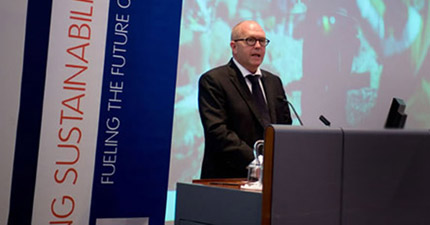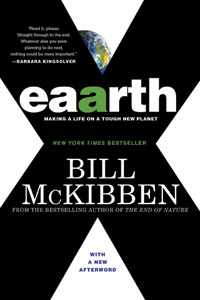Iceland is the world's leading nation in utilizing renewable
energy. Iceland is a global leader in renewable energy with 72% of its total
energy consumption from hydro- and geothermal sources.
 Facts regarding renewable energy:
Facts regarding renewable energy:
- 72% of Iceland's total energy consumption is from hydro- and
geothermal sources
- Iceland has no fossil fuels as a natural resource
- Reykjavik was the site for the world's first commercial
hydrogen refueling station, opened in 2003
- There is a growing fleet of hydrogen passenger cars as well
as buses and cars running on locally produced bio gas
- The import of ethanol cars and E85 fuel has begun and a
Toyota Prius hybrid is being converted to a plug-in hybrid in September by
the National Energy Authority
- This first plug-in hybrid in the country will be able to run
over 100 kilometers on electricity alone
- All properties and industry in Iceland are run on renewable
energy resources
- Three Icelandic cabinet ministers drive hybrid cars
- His Excellency, Olafur Ragnar Grimsson President of Iceland
uses a hybrid Lexus L600
- Iceland air is currently introducing the option of carbon
offsetting for all its passengers
- The city of Reykjavik recently introduced free parking for Eco-friendly vehicles
- Barbara Boxer, US Senator & Chairperson of the Senate
Environment and Public Works Committee recently visited Iceland to learn more
about renewable energy
- Icelanders are acknowledged as the world's leading
authorities on renewable energy and their know-how in geothermal energy is
being exported throughout the world.
Visit
Iceland News








